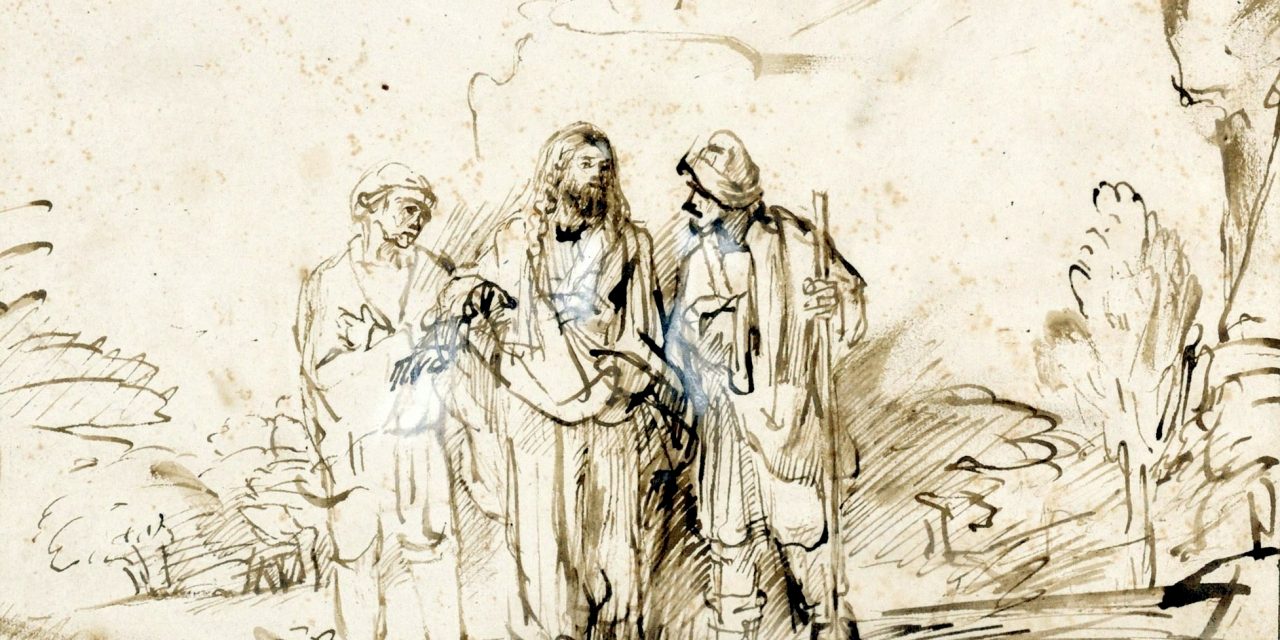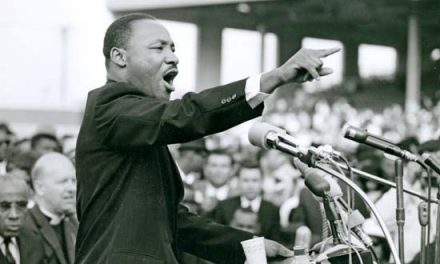First Reading: Acts 2:14, 22-33
Psalm: Psalm 16
Second Reading: 1 Peter 1:17-21
Gospel: Luke 24:13-25
The disciples on the road to Emmaus were pretty despondent. Instead of Jesus saving them, he was killed and all hope seemed lost, “‘The things that happened to Jesus the Nazarene, who was a prophet mighty in deed and word before God and all the people, how our chief priests and rulers both handed him over to a sentence of death and crucified him. But we were hoping that he would be the one to redeem Israel.’”
It is not difficult to sympathize with their feelings of hopelessness. Almost 48,000 people in the United States have died from COVID-19. Our colleges and universities have gone online and their return in the fall is in question. 20 million people are unemployed. Protests about the quarantine are fueled by a few lucrative entities. Billion dollar companies take bailouts for small business, and billion dollar universities take millions of higher education bailout money.
There only seems to be doom and gloom, fear and selfishness. I imagine it was difficult for the disciples to imagine anything left to the story of Jesus after his death on the cross.
This week’s readings push back against believing everything is lost. Instead, they push us to view the world with faith. This is not a belief that everything is fine. This is as much an illusion as despair. The pandemic is bad. The economic consequences are bad. Jesus’ death is bad. It is just that this is not the end. More is going on. Seeing this is faith. The readings point to this faithful seeing in two ways.
“You will not abandon my soul”
This week’s psalm indicates that the Lord will be present, never abandoning a soul. Even when all seems lost, when it seems like evil has triumphed God is there working, loving, healing. This is part of Peter’s sermon in the first reading. God is a god of “mighty deeds, wonders, and signs” who was in their midst. And, even when this god was killed, this Jesus, “God raised him up releasing him from the throes of death.”
It was the same on the road to Emmaus. In the midst of their despair, Jesus explained to them what was going on until their hearts were burning within them. They saw the world in new ways, not in death and defeat but in life and love.
This is the first aspect of faith in the readings: to believe that God is active in the world, moving it toward healing, forgiveness, reconciliation, and love. In this pandemic, God is working. In the economic fallout from the quarantine, God is working. When we feel lost and depressed because everything seems broken, God is working. When we wound God, maybe not by killing of God’s son but in neglecting our neighbors and failing to love our enemies, God is still there working. It might be difficult to see this work, as the disciples struggled to see it after Jesus’ death and as those to whom Peter preached, but faith calls us to this vision.
By itself, this view can seem naïve, like God will take care of everything and there is nothing we need to do. But the readings point to a second aspect of faith.
“You will show me the path to life”
This week’s psalm ends its hymn of faith in the Lord by proclaiming that God will reveal the path to life. In other words, faith in God will show you how to live. Once we are able to see or believe that God is active in the world loving us, we are moved to go and do likewise. As the second reading indicates, we are to conduct ourselves with “reverence during the time of [our] sojourning, realizing that [we] were ransomed . . . with the precious blood of Christ.”
I think this reverence we are to exhibit because of our faith is what Jesus shows to the disciples on the way to Emmaus. He talks with them, explaining why they should not despair. He stays with them, even though he has plans to go on. He ate with them and gave them a blessing. Being comforting, being present, forgoing our plans to care for others, keeping company, and praying for one another, these are the kinds of things we are called to do. This is reverence. This is an expression of faith.
These kinds of acts point back to God and help us to see the world from the perspective of faith. Through these acts of faith, we are called back to life. Instead of despairing, we are called to face the problems with love and in confidence that we are loved. We see people moved to love and so glimpse God’s action in the world, and this faith calls us to acts of love, to proclaim “the Lord has truly been raised”!



